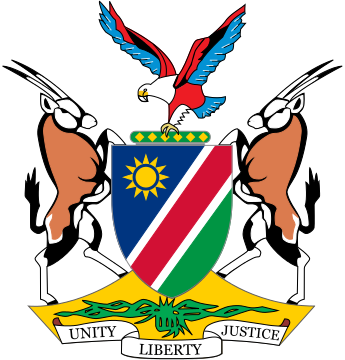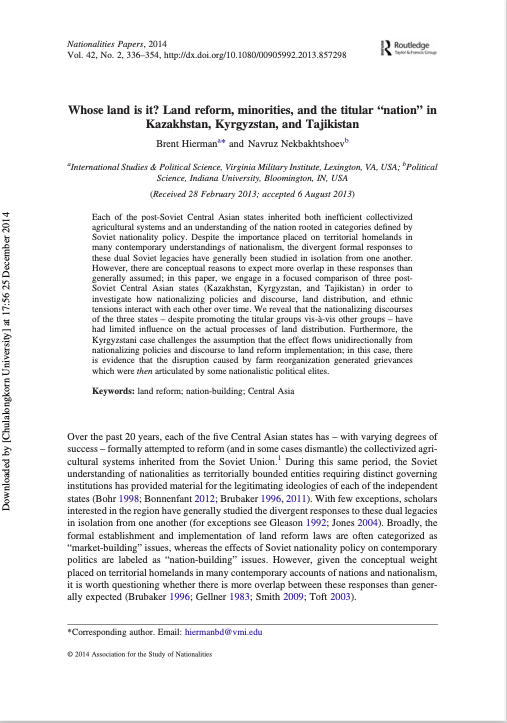Does Ignoring Heterogeneity in Impacts Distort Project Appraisals? An Experiment for Irrigation in Vietnam
Could the simplifying assumptions made
in project appraisal be so far from the truth that the
expected benefits of public investments are not realized?
Using data for Vietnam, commonly used estimates of the
benefits from irrigation investments based on means are
compared with impacts assessed through an econometric
modeling of marginal returns that allows for household and
area heterogeneity using integrated household-level survey





